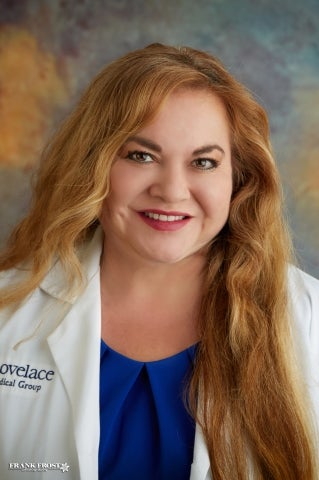Neurosurgery
The advanced technologies and top-rated medical team at the Lovelace Neurosciences Center can help get you back to living your best life.
Our Lovelace Medical Group neurosurgeons specialize in the diagnosis and surgical treatment of disorders of the central and peripheral nervous system that include various conditions involving the brain, the spinal cord, the actual nerves, the skull, the bones of the spine, spinal disks, as well as the blood vessels, ligaments and the protective coverings that offer support to the nervous tissues.
Our board certified neurosurgeons and expert staff offers surgical and non-surgical options for relieving pain at all ages and treating all disease stages. Intervention by a Neurosurgeon can be surgical but is most often non-surgical and is determined by the condition or injury as well as the general health of the person. Such problems may be the result of abnormal development from birth (congenital), from aging or “wear and tear” (degenerative), traumatic from a definite injury, infectious, neoplastic from a tumor or it may be related to other medical conditions or disease.
Our team offers open surgical procedures, minimally invasive percutaneous approaches, and stereotactic radiosurgery with our Gamma Knife – an outpatient procedure without any skin incision.
What types of problems do Neurosurgeons treat?
· Tumors involving the brain, spinal cord, nerves, skull or the spine including meningiomas, acoustic schwannomas, and pituitary tumors. These may be a primary growth from the local tissues themselves or a metastatic spread from a cancer in another part of the body.
· Spinal problems resulting in neck or back pain, the pinching of nerves with resultant pain, numbness or weakness in the arms or legs. These conditions can result from ruptured or bulging disks, excessive overgrowth of arthritic bone, slippage of the vertebra, infections or fractures.
· Peripheral nerve injuries or compression resulting in pain, numbness, weakness and wasting of the muscles in the face, arm, hand or leg. Conditions such as Carpal Tunnel syndrome are common when the nerve crossing the wrist is compressed or entrapped. We treat other conditions including Ulnar Nerve Compression, Tarsal Tunnel Syndrome, and Occipital Neuralgia.
· Neurovascular disorders such as strokes, brain hemorrhages, aneurysms, vascular malformations, traumatic or non-traumatic blood clots affecting the brain or spinal cord and carotid artery disease.
· Brain disorders such as Parkinson’s disease, epilepsy, hydrocephalus or malformations involving the brain from birth. · Infections involving the brain and spinal cord, the fluid surrounding these structures or the spinal vertebra and disks. We provide Vagus Nerve Stimulation for seizures and major depression.
· Traumatic injuries to the brain, spinal cord, bones of the spine, nerves and skull. We provide treatments including Inage-guided and Stereotactic Spine Surgery, Spinal Instrumentation and Fusion, and Vertebroplasty/Kyphoplasty.
· Facial pain conditions such as trigeminal neuralgia, glossopharyngeal neuralgia, hemifacial spasm, and other facial pain syndromes, such as post-herpetic neuralgia, TMJ, cluster headaches, and pain resulting from surgery or injury to the face or jaw.
What is the difference between a Neurosurgeon and a Neurologist?
A neurologist is a physician with training and expertise in the evaluation and medical management of neurological disorders. Neurosurgeons and neurologists share many of the same patients and often work together for the optimal care of the person. Many conditions are effectively treated by either specialist with some conditions being best managed without surgery and others with operations. When medical intervention fails or is not acceptable, the neurologist will frequently request the assistance of a Neurosurgeon to evaluate the potential for a surgical treatment. Many problems are structural in nature and may therefore respond best to neurosurgical intervention. It is much like the cardiologist who manages heart disease with medical intervention and the cardiac surgeon who offers surgery for those who have failed treatment with medications. Frequently, patients are sent to a neurologist by their primary care physician and, based upon the problem, subsequently referred to the Neurosurgeon for their surgical expertise.
The advanced technologies and top-rated medical team at Lovelace Medical Group Neurosurgery services, can help get you back to living your best life.
Our board certified neurosurgeons and expert staff offers both surgical and non-surgical options for relieving pain at all ages and all disease stages.
Don’t wait to get back to the life you love. Call Neurosurgery Services at Lovelace at 505.727.5910 for more information.
Providers
Click on a provider to view more information





